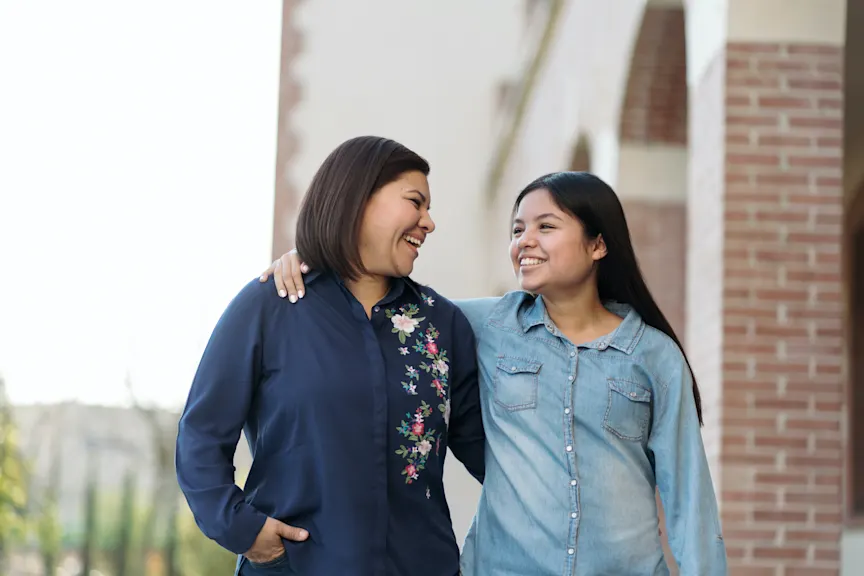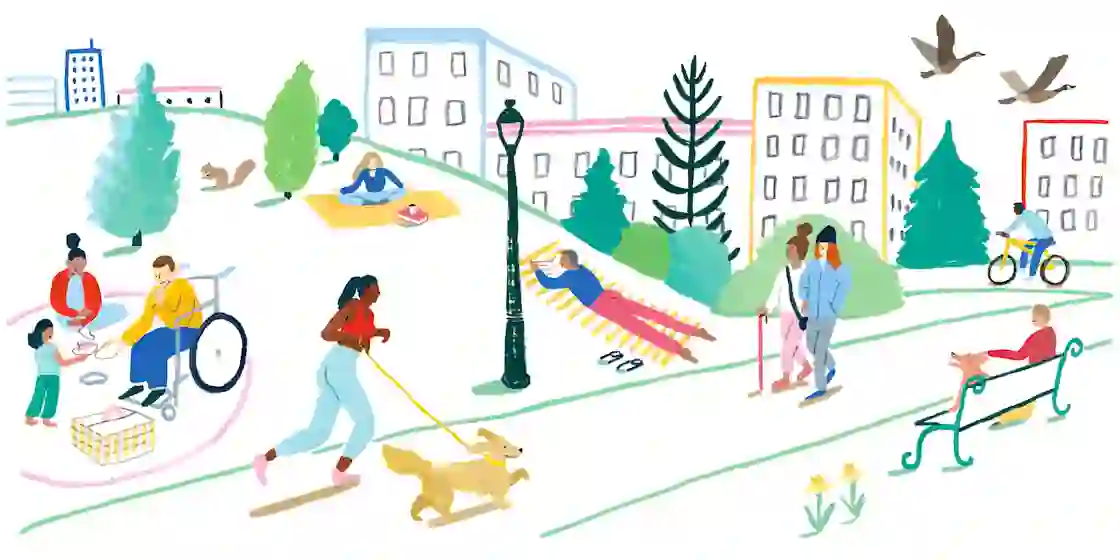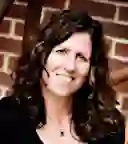5个基本问题要问你的牛皮癣青少年
您如何讨论青少年的牛皮癣可以帮助他们现在和成年后负责他们的状况。

Sharon Stevenson’s daughter,Paige Alday, was diagnosed with plaque psoriasis (PsO) when she was 3. But it wasn't until middle school that Paige’s condition really became an issue. Not because the flares were worse, but because that's when other kids at her Iowan junior high began to notice.
例如,她的学校几乎每天都有游泳课,而在更衣室里换了她的恐惧。即使她的一件衣服覆盖了肚子上厚实的鳞片红色斑块,她仍然感到每个人都在看着她。当斑块放在她的头皮和额头上时,每天都变得更加艰难。史蒂文森(Stevenson)一旦公共汽车掉下了她的女儿,这是多么的一天。
"It was devastating for her, and of course I felt helpless because we were doing all the treatments recommended by our doctor, but some of the sores were so large and visible that she felt self-conscious," says Stevenson. "When it was that bad, she didn't want to talk about it directly. So we had to find other ways to let her know she was supported, usually by asking an open-ended question."
如果您有补间或青少年,那么这些类型的问题可能会使一切有所不同。她说:“开始对话的关键是从中立的地方开始。”“青春期已经是一个脆弱的时期,它使谈论困难的问题变得更加困难。然后,您添加了PSO之类的东西,并增加了挑战。”
Consider these five questions for getting the conversation rolling, Dr. Newman advises, and keep in mind that even if you feel like you’re not getting anywhere with them, that doesn't mean your teen isn't listening.
1. How Are You Feeling? Or, How's Everything Going?
纽曼博士说,尽管这些似乎平淡而显而易见,但它们可能足以引发讨论。那是因为您不是在问一个更直接的版本,例如“您的PSO对您有何影响?”这可能会对某些青少年感到对抗,甚至想撬动,如果他们对此感到敏感。
纽曼博士说,这个开放使他们有机会谈论他们想讨论什么,这可能包括或不包括他们的状况。否则对话可能从平凡的话题开始,然后逐渐转向更敏感的领域。她说,重要的是让您的孩子确定对话的去向(因此,如果他们不提出PSO,那么您也不应该)。
2. Are You Happy With Your Treatment?
For Alday, who is now 26, one of the most powerful indications of support that her mother provided was including her in treatment decisions. "From about seventh grade on, my mom always turned to me at the doctor's office and asked if I had questions or opinions they needed to know," she recalls. Not only did that help her feel more in control of her treatment, but it also prompted her to research the condition on her own when she got older.
3.您如何看待您的医生?
As a result of Alday's research, she decided when she was a teenager that she wanted to switch doctors. She felt like she wasn't being heard by her dermatologist, so when Stevenson asked her for an opinion on what treatment options she wanted to consider, Alday expressed her frustration about feeling dismissed. They worked together to find another dermatologist covered by Stevenson's insurance, and ended up going to a doctor Alday connected with almost immediately.
"That made me feel much more confident, because I felt like it wasn't just my mom who was listening to me," she says. "That helped, too, when the time came for me to start going to the doctor by myself."
4.我是否告诉您这个关于我少年时代的故事?
纽曼博士说,尽管听起来像是“我年龄的时候……”一开始会吸引眼球,但青少年和青少年确实与有关脆弱性,问题和韧性的故事联系在一起。
例如,如果父母的外表被嘲笑或因为他似乎与每个人都不同而感到孤立,那么无论是否与PSO有关,都没关系。这些情绪以及父母如何处理这种情况,是让孩子知道自己并不孤单的有力工具。
"You have to be careful to make sure you're not saying your situation was worse or diminishing what they're going through," Dr. Newman says. "Instead, you're saying that bullying is rotten, it's always been rotten, and here's what you did to make yourself feel better."
5.您认为可能导致这种耀斑?
纽曼博士说,当有PSO耀斑时,理解正在发生的根本原因会很有帮助。与其自动带您的孩子去看医生,这会感到不屑一顾,而要先检查一下您的补间或青少年。例如,Alday意识到,由于那些日常游泳课程中的氯,她的PSO变得越来越糟,并且能够为健身课安排另类活动。对于其他人来说,这可能是压力,这很普遍。纽曼博士说:“要求您的孩子成为有关发生的事情的评估的一部分,这可能会使他们感到被听到。”
When You Get Shut Down and Locked Out
尽管这些对话开始者可能会有所帮助,但说实话:有时候,青少年和青少年更有可能耸耸肩,回头看手机,而不是进行有意义的对话。纽曼博士说,没关系。即使没有慢性病,青少年也需要空间,这可能意味着对话很少。
"The good news is that most of the time, they do hear you," she adds. "So, if you are gentle and show support and ask questions, don't be discouraged if you seem to get shut down. It might just be the case that your teen isn't ready to answer yet. But if you keep showing that you're there, and you're interested, they might be the ones to start the conversation about their PsO and its effects."
牛皮癣和情感:国家牛皮癣基金会。(n.d。)“情感影响”。https://www.psoriasis.org/emotional-impact/
压力是原因:国家牛皮癣基金会。(2021年。)“原因和触发因素。”https://www.psoriasis.org/causes/





